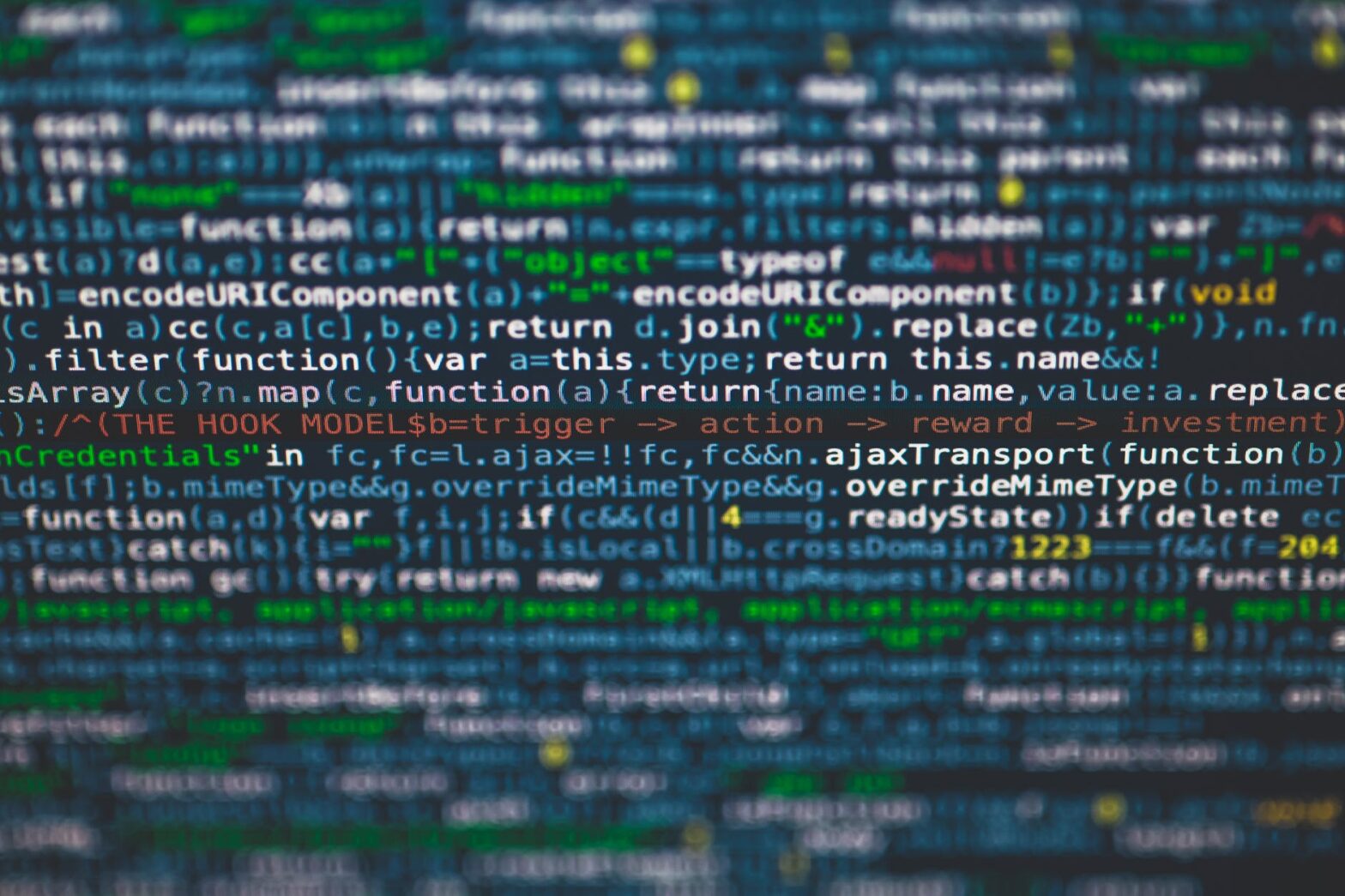By Khadija Naseer, a student at University of Management and Technology (Lahore, Pakistan) who participated in a Collaborative Online International Learning (COIL) Project provided by Coventry University.
After learning about the artificial intelligence role in automobile and fashion industry, I have gained a new perspective on what a future with completely autonomous Artificial Intelligence (AI) systems will look like. But do we have any legitimate answers to questions like: How can law keep up with the rapidly growing technology? What if AI deviates from its ideal characteristics, can we really hold a machine accountable?
The general idea about AI is it can mimic human actions. A system which can rationalize and take actions that have the highest probability of reaching a particular goal. AI systems are reliable even more so than humans but AI make decisions by learning and recognizing patterns. This gives rise to the question of is that really intelligence? Intelligence can be defined as the human ability to derive useful actions from abstract thoughts by rationalizing. This is the very reason human beings are able to come up with so many creative services. AI cannot do that; therefore, it fails. As we know in the future, self-driving vehicles will become much safer than human drivers and the probability of accidents will also reduce but if an accident would occur than who will be responsible? In my opinion, as these systems lack the ability to improvise when something unexpected happens therefore, they cannot be held responsible. It comes down to the people controlling AI and the people using AI. The possibility of level 5 autonomous driving technology is in the nearest future but there is no clarity on whether complete autonomy of AI systems is in the best interest of people.
I think it’s perhaps less a question of whether AI is serving humanity or vice versa. Rather, there is a symbiosis. And hopefully, that symbiosis is one that mutually benefits digital and biological intelligence
Elon Musk
Dr Amber Darr and Dr Luo Li launched a COIL Project in March 2021 with students from the University of Management and Technology (UMT) in Lahore, Pakistan. The course comprised synchronous and asynchronous components and the students were asked to submit a 300 word reflection note as evidence of successful completion of the course. This is one of the three best pieces produced by the students.
Interested in studying law with us? Our Law LLB course offers you the opportunity to gain practical legal skills, develop your global experience, and get career ready, with expert staff and employment support. CLS also offers exciting LLM options including the LLM Law, LLM International Commercial Law and LLM International Human Rights Law.

